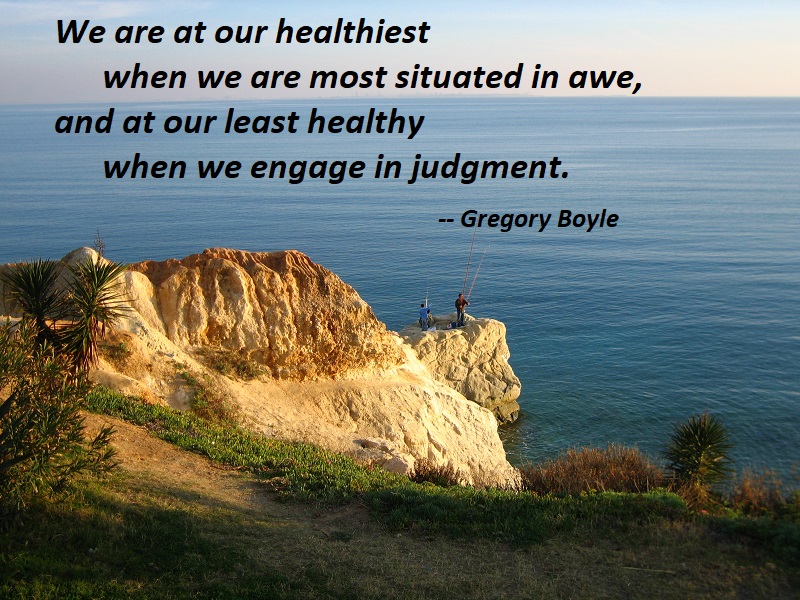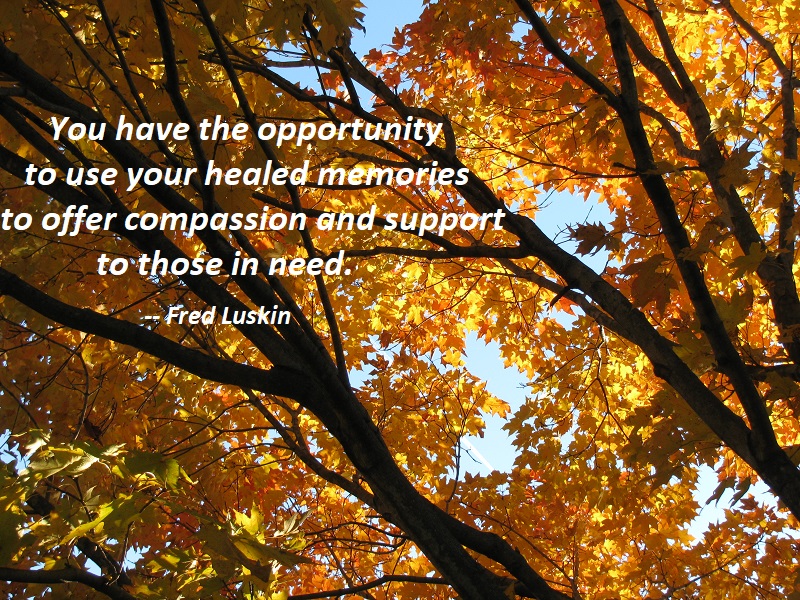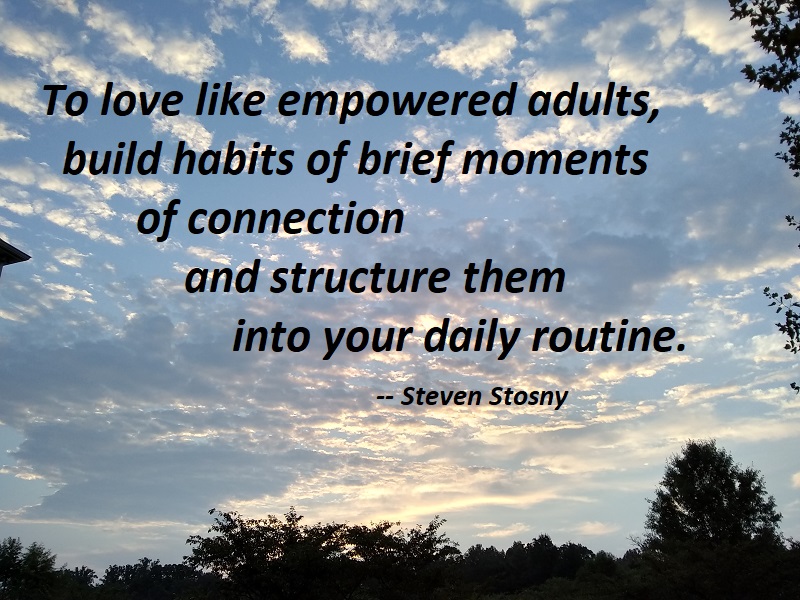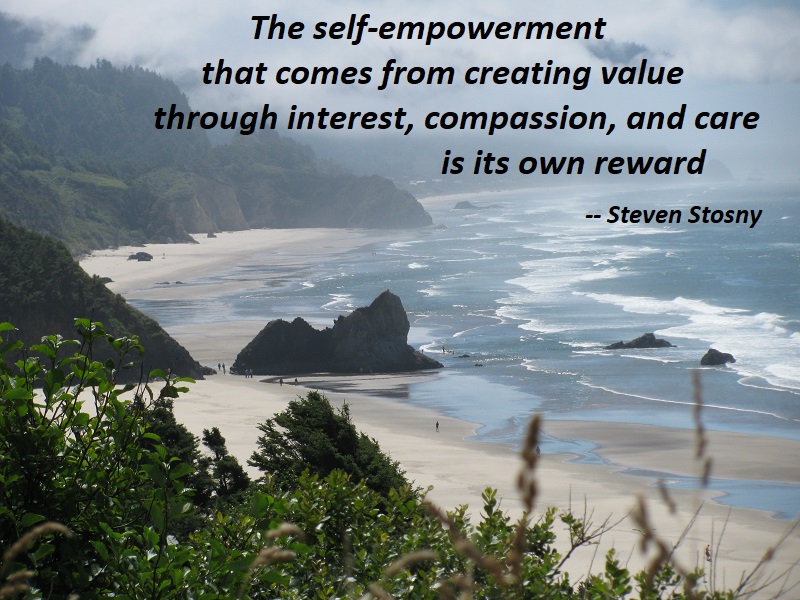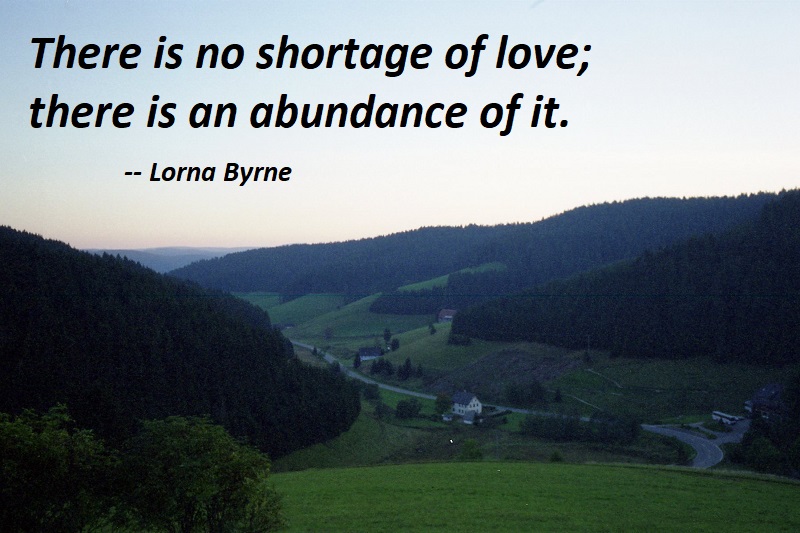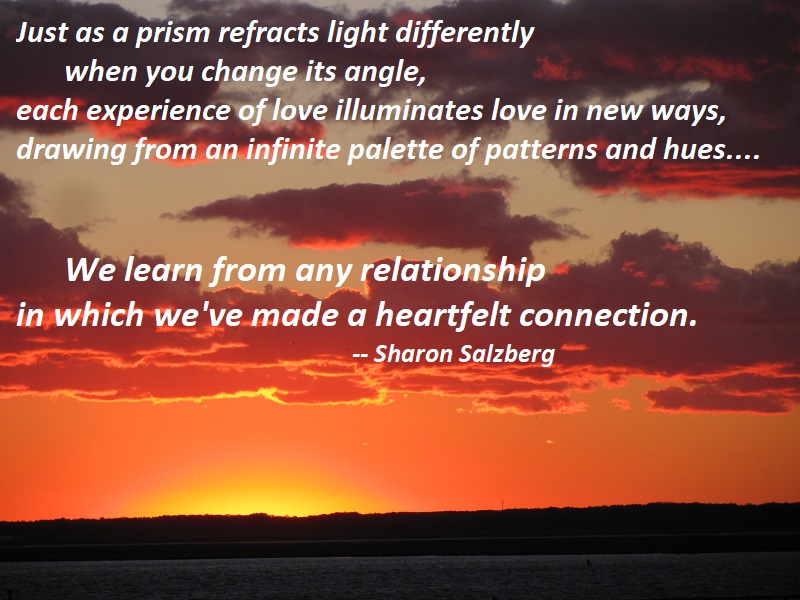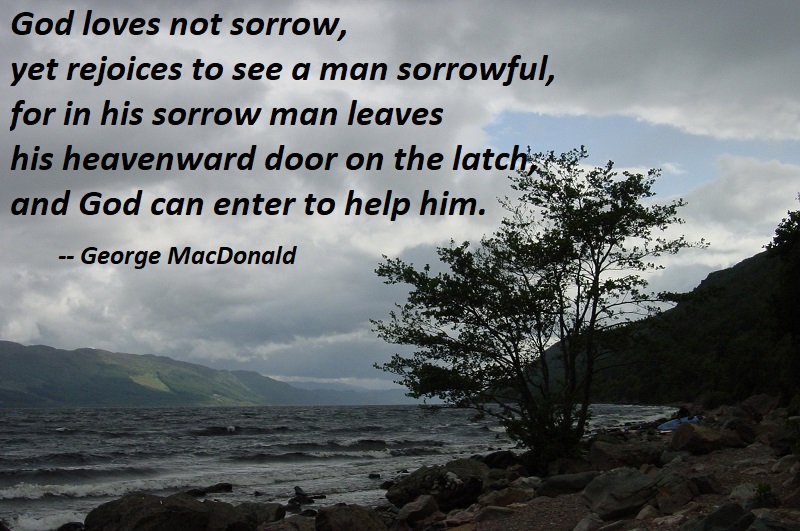Welcoming Our Own Wounds
We are at our healthiest when we are most situated in awe, and at our least healthy when we engage in judgment. Judgment creates the distance that moves us away from each other. Judgment keeps us in the competitive game and is always self-aggrandizing. Standing at the margins with the broken reminds us not of our own superiority but of our own brokenness. Awe is the great leveler. The embrace of our own suffering helps us to land on a spiritual intimacy with ourselves and others. For if we don’t welcome our own wounds, we will be tempted to despise the wounded.
— Gregory Boyle, Barking to the Choir, p. 54
Photo: Rota, Spain, December 18, 2005
